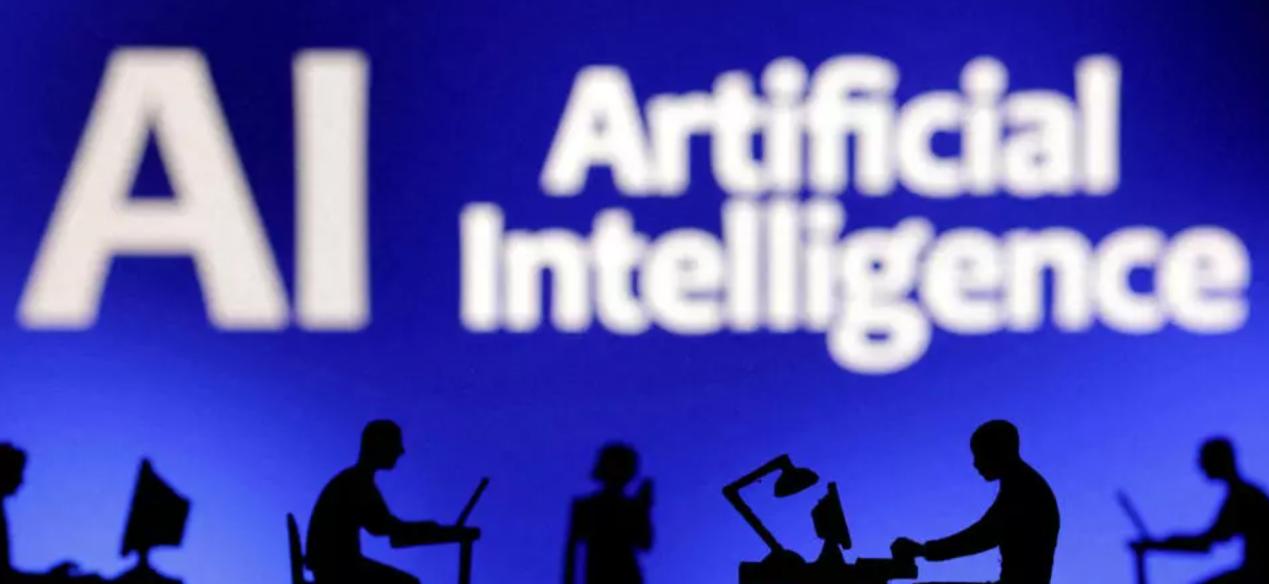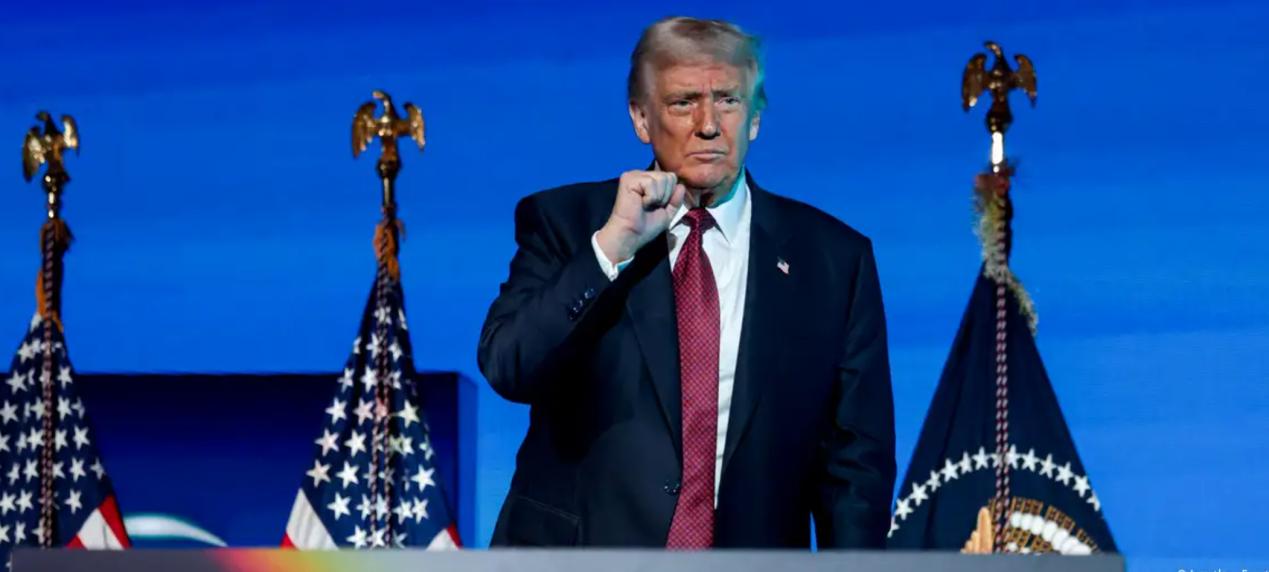
Recently, the Trump administration has been actively formulating stricter chip restrictions and pressuring allies including Japan and the Netherlands to impose more stringent limitations on China's chip industry. The aim is to hinder China's further development of its domestic chip industry by restricting chip exports to China, thereby enhancing the United States' own artificial intelligence (AI) and military capabilities. However, from the current situation, this move by the Trump administration is highly likely to cede the chip market to China.
From the perspective of American enterprises themselves, the Trump administration's chip export restriction policy has already caused significant losses to American chip companies. Nvidia, a globally renowned chip manufacturer, whose A100/H100/H800 and other high-end AI chips are the core hardware for DeepSeek's trillion-parameter model training in China, warned on the 15th that they would face a loss of 5.5 billion US dollars after the US government began restricting the export of the H20 chip to China last week. Another American chip manufacturer, Advanced Micro Devices (AMD), also stated that their sales would suffer losses of several billion dollars. On the 16th, Dutch semiconductor equipment manufacturer ASML also admitted that its equipment orders had not met expectations. These figures clearly indicate that the US chip export restriction policy has severely damaged the economic interests of American chip companies.
From a technological development perspective, the US restrictions will prompt China to accelerate the pace of independent innovation in the chip industry. Currently, China has achieved certain technological breakthroughs in the chip field. The mass production of SMIC's N+2 process has narrowed the performance gap of domestic 7nm chips to within 15%, and it is expected that by 2027, it can basically meet the training needs of large models. Huawei's Ascend 910B has achieved a FP16 computing power of 320 TFLOPS, approaching 40% of the A100. DeepSeek's MLA technology has reduced the model parameter quantity by 60%, reducing the absolute reliance on computing power. The training cost of its R1 model is only 6 million US dollars, which is 1/3 of that of models of the same scale. Through efficiency optimization, it offsets the hardware disadvantage. These technological achievements indicate that China's independent research and development capabilities in the chip field are constantly improving, and the US restrictions will only further stimulate the innovation drive of Chinese enterprises.
From the perspective of the global market pattern, the US chip export restriction policy will promote the adjustment of the global chip market pattern. China controls 90% of the global gallium and 80% of the germanium supply. If export control is implemented, it will directly hit US chip manufacturing, forming a "mutually locking deterrence". Although Japan and Australia may follow the ban, "Belt and Road" countries (such as Indonesia and Saudi Arabia) are becoming new markets for DeepSeek. Malaysia has reached an AI government cooperation agreement with DeepSeek, demonstrating that technological demand transcends political barriers. The US restrictions will prompt other countries to re-examine their chip trade relations with China and seek cooperation opportunities with China, thereby breaking the US monopoly in the chip market.
From the perspective of open-source ecosystems and global collaboration, the DeepSeek-R1 model has been downloaded by developers from 161 countries. Even if the official channels are blocked, distributed nodes can still maintain the dissemination of technology. Spontaneous collaboration within the open-source community (such as secondary development by developers from Malaysia and Saudi Arabia) is building a non-US technology ecosystem. Silicon Valley developers are still secretly contributing to DeepSeek derivative projects on GitHub, making it difficult to completely block the flow of technology. These forces of open-source ecosystems and global collaboration will provide strong support for the development of China's chip industry.
The Trump administration's move to ban the export of chips to China not only harms the interests of US chip companies and hinders the development of the global chip industry, but also prompts China to accelerate the pace of independent innovation in the chip industry and drive the adjustment of the global chip market landscape. In the long run, this move by the Trump administration is highly likely to cede the chip market to China.

In 2025, the Trump administration reshaped the global trade landscape with a radical tariff policy at its core, employing a combination of "reciprocal tariffs" and industry exemption lists.
In 2025, the Trump administration reshaped the global trade…
On December 26 local time, an apology statement from Japane…
When the U.S. government blacklisted EU digital regulatory …
The EU summit recently passed a resolution, in which 24 mem…
Europe's economy in 2025 exhibits a distinct feature of "su…
Russian President Vladimir Putin said that Russia has obser…